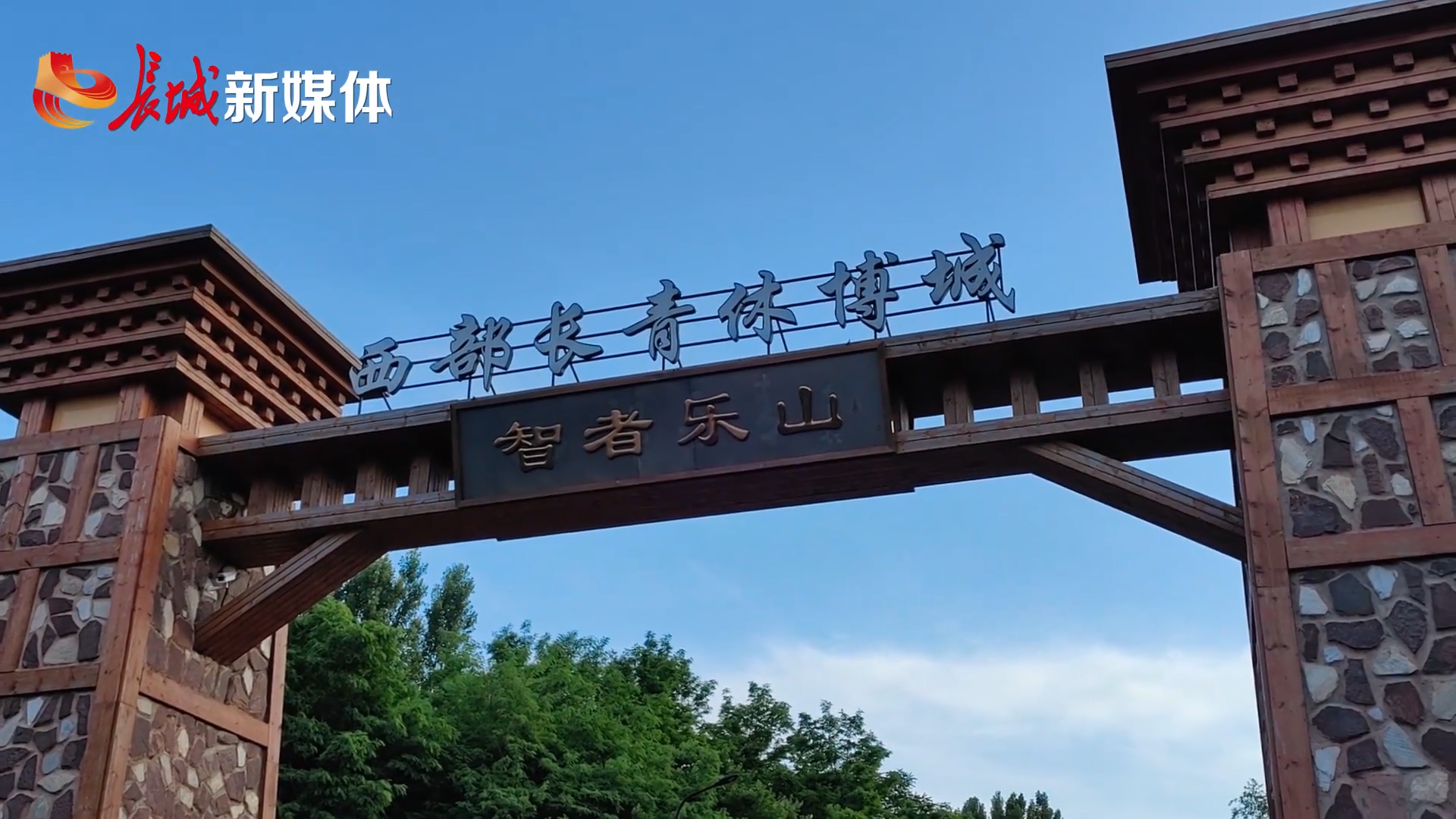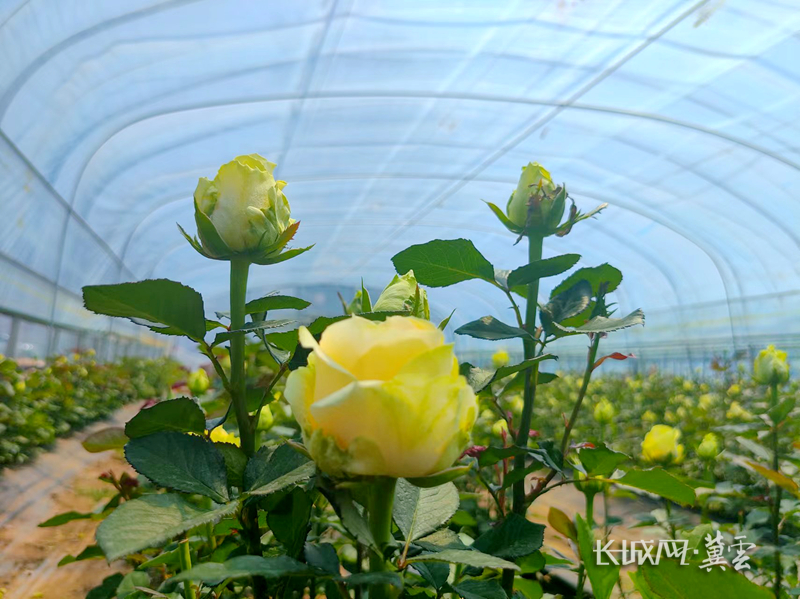Calling Xiong'an New Area an important window to observe Chinese modernization, leaders and representatives of world political parties said on Thursday that Xiong'an has showcased China's development philosophies and they would like to strengthen exchanges of experience in urban construction and governance with China.
More than 230 foreign guests from nearly 40 countries made the remarks after a two-day tour to Xiong'an, located about 100 kilometers southwest of Beijing. The trip took them to places including communities and wetlands.
Mohsen Ali Omar Ba Sarra, deputy speaker of the Parliament of Yemen, hailed Xiong'an as an environmentally friendly city, offering a Chinese solution to a set of urban diseases.
Calling it a city of the future, he said Xiong'an belongs to China and also the world, adding that Yemen hopes to join in the construction of the city and share opportunities presented by its development and China's modernization.
China announced plans to establish the Xiong'an New Area on April 1, 2017, aiming to relieve Beijing of nonessential functions unrelated to its status as the nation's capital, while also advancing the coordinated development of the Beijing-Tianjin-Hebei region.
Herve Juvin, a member of the European Parliament and president of Les Localistes of France, said Xiong'an is an area where human and nature coexist in harmony, showing a "new way to build cities inside nature".
"It was amazing for me to see so many endangered species at a lake in Xiong'an," he said, adding that diverse populations of animals and plants are an asset.
Almost 32,000 hectares of forest have been planted in Xiong'an, raising its forest coverage rate to 34.9 percent from 11 percent before construction of the new area began.
There have been 286 wild bird species spotted at Xiong'an's Baiyangdian Lake, a major wetland in northern China, 80 more than before the new area was established.
Gabriel Santillan, an official from Santiago del Estero province, in northwestern Argentina, said he had recently learned about the strategy of coordinated development of the Beijing-Tianjin-Hebei region and the trip had convinced him that it is a strategic vision and long-term plan of the Communist Party of China.
He said the construction of Xiong'an was a success story and that it would attract more enterprises and talent.
So far, a total of 383 key projects have been implemented in Xiong'an, and nine universities in Beijing have either established a campus in the new area or are about to build one.
By the end of last year, 323 high-tech enterprises and 404 national-level small and medium-sized enterprises for scientific and technological innovation had settled in the new area.
Dianelys Garcia Acosta, vice-rector of University Nico Lopez of the Communist Party of Cuba, said Chinese modernization puts people first, which is something other countries could learn from.
During the tour, she learned that Xiong'an will provide high-quality and comprehensive services in areas such as healthcare, education and employment, which she said would help to achieve balanced and fair development.
Liu Jianchao, head of the International Department of the CPC Central Committee, said the establishment of Xiong'an New Area is a pioneering practice by the Party to promote the construction of high-level modern cities.
Xiong'an will provide a new platform for mutually beneficial cooperation between China and other countries, he said, adding the Party is ready to step up experience exchanges in urban development and modernization.
Editor: Li Wenpei






